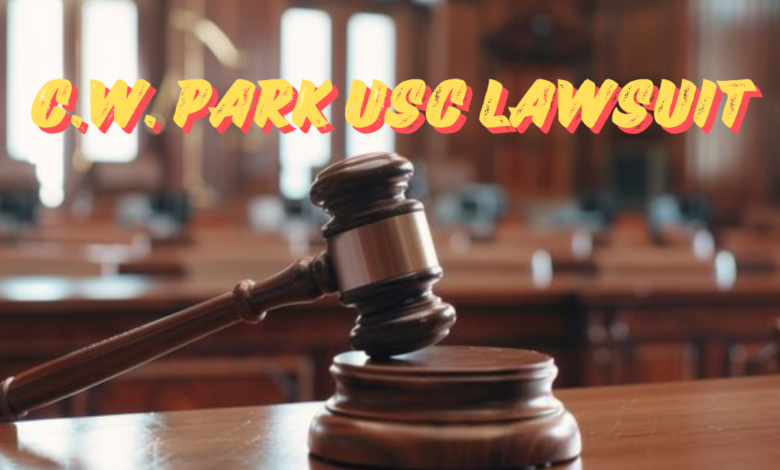The C. W. Park USC lawsuit is a legal case that has drawn significant attention due to its implications for academic integrity, faculty rights, and university governance. The lawsuit involves C. W. Park, a prominent professor at the University of Southern California (USC), who filed legal action against the university over alleged wrongful termination, breach of contract, and defamation.
Background
C. W. Park, a respected figure in the field of marketing and business strategy, had been a faculty member at USC’s Marshall School of Business for many years. Known for his research and contributions to consumer behavior and brand management, Park had built a distinguished career and earned a solid reputation in academia.
The lawsuit stems from Park’s claims that he was wrongfully terminated from his position at USC. According to Park, the university’s decision to terminate his employment was not based on valid reasons but rather was influenced by internal politics and retaliation for his outspoken views on certain administrative policies. Park alleges that USC breached its contractual obligations by failing to follow due process in his dismissal and that the university defamed him by making false and damaging statements about his professional conduct.
Key Allegations
- Wrongful Termination: Park argues that his termination was unjustified and that USC did not provide adequate grounds for his dismissal. He contends that the university’s actions were motivated by a desire to silence his criticism of administrative decisions and policies.
- Breach of Contract: Park claims that USC violated the terms of his employment contract, which guaranteed certain procedural protections in the event of disciplinary action. He asserts that the university failed to follow these procedures, resulting in an unfair and unlawful termination.
- Defamation: Park also alleges that USC made false statements about his conduct, damaging his reputation in the academic community. These statements, according to Park, were intended to justify his termination and undermine his credibility.
USC’s Response
USC has denied the allegations made by Park, maintaining that the decision to terminate his employment was based on legitimate reasons. The university asserts that Park’s dismissal followed all appropriate procedures and was in accordance with the terms of his contract. USC has also refuted the defamation claims, arguing that any statements made about Park were truthful and made in the course of its duty to maintain standards of conduct within the institution.
Legal Implications
The C. W. Park USC lawsuit raises important questions about the rights of faculty members, the role of academic freedom, and the responsibilities of universities in managing their staff. The outcome of the case could have significant implications for how institutions handle disputes with faculty, particularly in cases involving allegations of wrongful termination and breach of contract.
The case also highlights the delicate balance between protecting the rights of individual faculty members and upholding the integrity and reputation of academic institutions. As the lawsuit proceeds, it is likely to be closely watched by educators, administrators, and legal experts alike.
Conclusion
The C. W. Park USC lawsuit is a complex and multifaceted case that touches on critical issues in higher education. While the final outcome remains uncertain, the case underscores the importance of transparency, fairness, and due process in the relationships between universities and their faculty members. As the legal proceedings continue, the case may set a precedent for how similar disputes are resolved in the future.
4o











